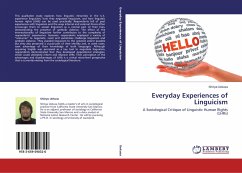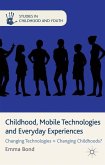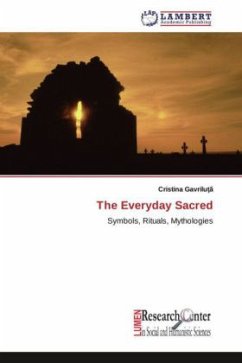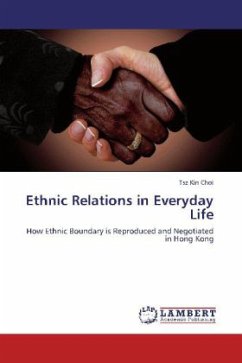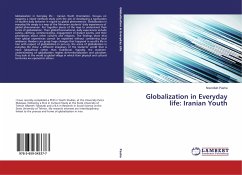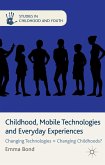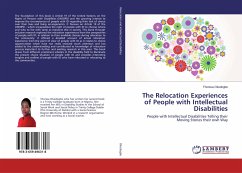This qualitative study explores how linguistic minorities in the U.S. experience linguicism, how they negotiate linguicism, and how linguistic human rights (LHRs) can be used practically. Respondents tell of past experiences with linguicism and the ways internal and external forces often encourage them to accept linguicism as a normal part of their lives, demonstrating the presence of symbolic violence. The effect of the intersectionality of linguicism further contributes to the complexity of respondents' experiences. However, respondents employed a variety of "resources" to negotiate, resist and sometimes challenge linguicism and symbolic violence. They avoided linguicism to the greatest extent possible but they also preserved a crucial part of their identity and, in some cases, took advantage of their knowledge of both languages. Although acquiring English was perceived as a key tool to negotiate linguicism, respondents demonstrated that they developed oppositional strategies, which could ultimately inform and improve LHRs. Their perception of the advantages and disadvantages of LHRs is a critical micro-level perspective that is currently missing from the sociological literature.

